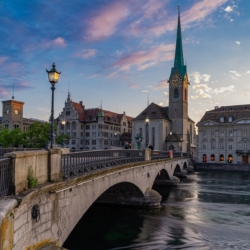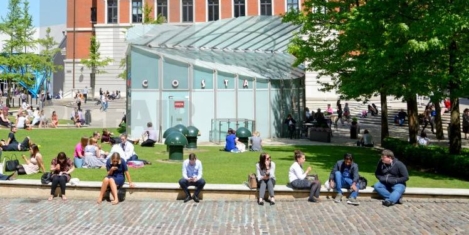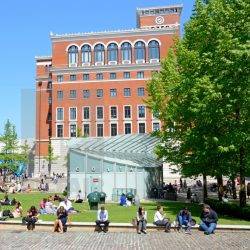July 14, 2025
Cities must embrace the radical retrofit of buildings to meet future challenges
 As cities continue to grow, the pressure on infrastructure, resources and the environment is intensifying. A new global study warns that urban centres must move beyond new construction and reimagine the buildings they already have. Retrofitting – enhancing and upgrading existing structures -is emerging as a key strategy to cut emissions, improve energy performance and boost urban liveability. The Radical Retrofit report by Economist Impact, supported by JLL, argues that making cities more sustainable and resilient will depend on retrofits that improve safety, health and accessibility, while also driving economic value. Though still in its early stages, the movement is gaining traction across global cities such as Singapore, New York, Paris and Dubai. Yet the pace must accelerate dramatically from today’s retrofit rate of 1 percent per year to at least 3 percent to align with net-zero goals. (more…)
As cities continue to grow, the pressure on infrastructure, resources and the environment is intensifying. A new global study warns that urban centres must move beyond new construction and reimagine the buildings they already have. Retrofitting – enhancing and upgrading existing structures -is emerging as a key strategy to cut emissions, improve energy performance and boost urban liveability. The Radical Retrofit report by Economist Impact, supported by JLL, argues that making cities more sustainable and resilient will depend on retrofits that improve safety, health and accessibility, while also driving economic value. Though still in its early stages, the movement is gaining traction across global cities such as Singapore, New York, Paris and Dubai. Yet the pace must accelerate dramatically from today’s retrofit rate of 1 percent per year to at least 3 percent to align with net-zero goals. (more…)
































